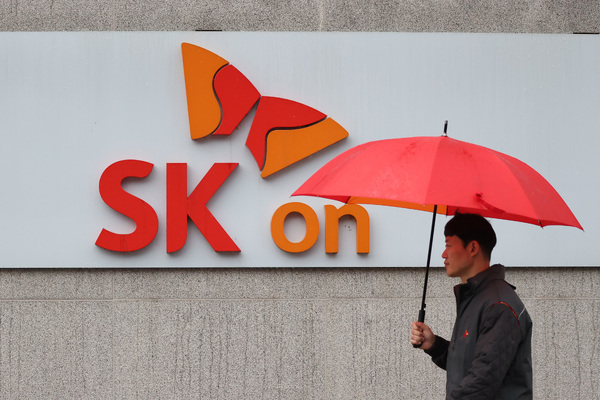In a changing economy, you win when your employees do
Sponsored by Guild Education
When considering the future of work, two emerging trends surrounding employment have formed something of a paradox.
On one hand, the unemployment rate has seen a steady decline and is currently the lowest it’s been in nearly 50 years. On the other hand, AI, computing and robotics have begun disrupting current work environments, foreshadowing the elimination of frontline jobs while creating a skills gap for companies. Employers are fighting for talent and new skills for their businesses and employees are fighting new technologies for their jobs. This looming labour shortage of qualified workers will exceed 9 million people over the next decade — a skills gap that could cost the American economy more than $1.2 trillion. Meanwhile, 52 per cent of workers will need training by 2022.
Facing these challenges, employers have little choice but to transform their current workforce to meet the jobs of the future. To do so, America’s most forward-thinking companies are making an investment that allows everyone to win: education as a benefit. Employees get a chance at a better future and companies build the skills they need, even improving their brand in the process. In today’s world, education is now a corporate strategy.
Through an education benefits program, employers absorb the cost of education for the employee – understanding that most frontline workers cannot afford thousands of dollars in tuition upfront. And by partnering with high-quality, low-cost universities and learning providers that are built for the unique needs of working adults, employers are able to provide the necessary flexibility their staff need to balance work, education and family. Meanwhile, curated degrees and curriculums both help prepare frontline workers for the jobs of the future and support the organisation’s strategic priorities.
While education benefit programs have a higher upfront cost than traditional tuition reimbursement, the impact on the business makes them more than worth the investment. In addition, 97 per cent of prospective students say education benefits are an important part of an overall employer benefits package.
The numbers don’t lie. Employees at Discover Financial Services who participated in the tuition assistance program received wage increases that averaged 40 per cent higher than those of non-participating employees, while participating employees were also 21 per cent more likely to be promoted. At Chipotle, an early adopter of tuition assistance, not only has education made a significant impact on retention but it has also helped Chipotle reach an internal promotion rate of 79 per cent.
The new paradigm is this: investing in your people adds value to your business.
Offering degree programs in areas of need benefits everyone. Employees gain access to education pathways they wouldn’t otherwise have, boosting their economic mobility and preparing them for the jobs of tomorrow. In turn, employers are able to build a natural talent pipeline from within, insulating themselves from the looming skills gap and boosting retention and recruitment efforts in the process. And in case there’s any lingering doubt, studies have shown that every dollar spent on education benefits offers a 144 per cent ROI.
All in all, a company is only as good as its people. Given the rapidly changing economy and all that is to come with it, the competition for talent promises to grow even fiercer in the coming years. To compete, it’s imperative that businesses embrace a new paradigm, where investing in education is the single most efficient and scalable solution to prepare both your employees and your business for future success.
A skilled workforce is the backbone of a successful company. Create the skills you need.

Business Reporter Team
Most Viewed
Winston House, 3rd Floor, Units 306-309, 2-4 Dollis Park, London, N3 1HF
23-29 Hendon Lane, London, N3 1RT
020 8349 4363
© 2025, Lyonsdown Limited. Business Reporter® is a registered trademark of Lyonsdown Ltd. VAT registration number: 830519543





